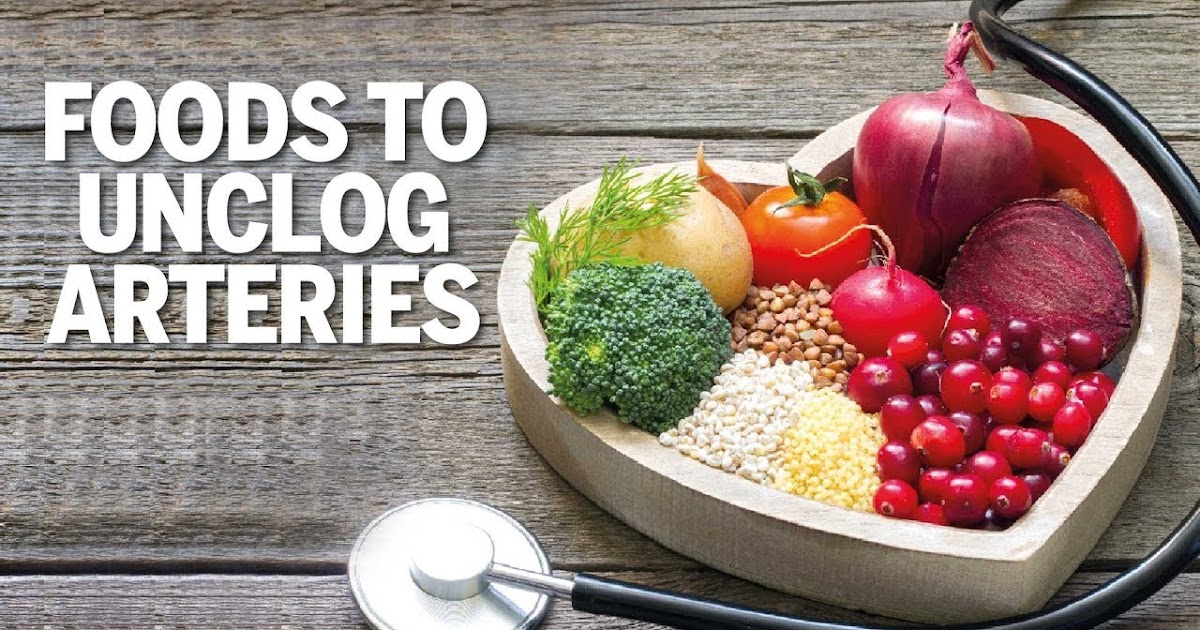In the grand scheme of life, our heart takes center stage as the manager of our body’s systems. It is the most vital organ we have, which pumps blood throughout our body to ensure we stay healthy and active.
But what happens if your heart is not functioning well and its arteries get clogged because of your lifestyle and poor habits? Clogged arteries can lead to a plethora of heart issues and general well-being.
According to the best cardiologist in Islamabad, this cardiovascular condition involves the buildup of plaque around the arterial walls, which causes the arteries to harden.
However, you can easily avoid this condition by improving your lifestyle and daily habits. Let’s discuss some of the foods that can keep the arteries unclogged.
What is the Importance of Heart Health?
A healthy heart ensures our body receives the nutrients and oxygen it needs to function optimally. But when arteries become clogged with plaque, a fatty buildup of cholesterol and other substances, they can narrow, restricting blood flow.
This is the onset of atherosclerosis, a condition that can ultimately lead to heart disease, heart attacks, and strokes.
How to Keep Arteries Healthy with Food?
Food is the medicine for many ailments. If your diet is good, your organs will feel good. Let’s talk about culinary adventures – a treasure trove of heart-healthy foods that can protect those arteries and keep them clear.
Here’s your ultimate guide to nourishing your heart:
Omega-3 Rich Diet
Incorporate fatty fish like salmon, mackerel, and sardines into your diet.
These swimmers are brimming with omega-3 fatty acids, which reduce inflammation and lower triglycerides, a type of fat that contributes to artery-clogging plaque.
Colorful Vegetables and Fruits
Try piling your plate with a spectrum of colorful fruits and vegetables daily.
Berries, citrus fruits, leafy greens, bell peppers, and tomatoes are packed with antioxidants, vitamins, and fiber that help combat inflammation and oxidation – two major contributors to artery plaque formation.
Whole Grains for the Win
Trade in refined grains for their whole-grain counterparts.
Oats, quinoa, brown rice, and whole wheat are rich in fiber, which not only keeps you full but also helps reduce LDL (“bad”) cholesterol levels, preventing plaque buildup.
Munch on Some Nuts
Nuts, whether it’s almonds, walnuts, or pistachios, are a nutty delight for your heart.
They are loaded with healthy fats, fiber, and plant sterols that can lower cholesterol levels. Just remember, portion control is key, as nuts are calorie-dense.
Cook Your Food in Olive Oil
Swap saturated and trans fats for heart-healthy monounsaturated fats found in olive oil. This liquid gold can help improve cholesterol levels and reduce inflammation.
Lean Protein Power
Choose lean protein sources like skinless poultry, legumes, tofu, and beans. These options are low in saturated fat, making them a heart-smart choice that won’t contribute to artery-clogging.
Be Careful About Dairy Products
Opt for low-fat or non-fat dairy products to minimize saturated fat intake.
Greek yogurt and skim milk are excellent choices that still deliver the creamy goodness you crave.
Best Lifestyle Tips for Healthy Arteries
Diet is just one piece of the puzzle. Here are some lifestyle tips and tricks that will further fortify your heart health:
Stay Active
Regular physical activity is like a musical workout for your heart. Aim for at least 150 minutes of moderate-intensity exercise per week to keep those arteries flexible and blood flowing smoothly.
Butt Out that Cigarette
Smoking is a major artery-clogging villain. Quitting smoking can improve blood flow and reduce your risk of heart disease significantly.
Manage Stress
Chronic stress can play a sour note on your heart health. Practice relaxation techniques like deep breathing, meditation, or yoga to keep stress levels in check.
Catch Those Zzz’s
Sleep isn’t just a luxury; it’s a heart-healthy necessity. Aim for 7-9 hours of quality sleep each night to give your heart the rest it deserves.
Keep Up with Hydration
Drink plenty of water to maintain the fluidity of your blood, allowing it to flow more freely through your arteries.
Manage Weight
Excess weight can contribute to arterial damage and atherosclerosis. Aim for a balanced diet and regular physical activity to achieve and maintain a healthy weight.
Engage in Physical Activity
Engage in at least 150 minutes of moderate-intensity aerobic activity or 75 minutes of vigorous-intensity activity per week to improve circulation and maintain arterial health.
Strength training helps build muscle mass and improves metabolism, supporting overall cardiovascular health.
Control Blood Pressure
Keep track of your blood pressure and follow your doctor’s recommendations to keep it within a healthy range.
Final Thoughts on Heart Health!
As you embark on your journey towards a heart-healthy lifestyle, it’s crucial to be mindful of the foods you consume. Avoiding or minimizing the intake of saturated and trans fats, refined sugars, and excessive sodium can go a long way in preventing clogged arteries and supporting overall cardiovascular well-being.
Remember, the choices you make in your diet today can shape the health of your heart for years to come. So, make every bite count and prioritize foods that nourish your body and promote optimal arterial health.
FAQs (Frequently Asked Questions) About Clogged Arteries
Can I still enjoy fats in my diet?
Absolutely! Opt for healthier fats like those found in avocados, nuts, and olive oil. These fats can actually support heart health.
Is all sugar bad for my arteries?
Not all sugars are equal. Natural sugars from fruits are a better choice than added sugars found in sugary snacks and beverages.
Are there any specific exercises that can help prevent clogged arteries?
Regular cardiovascular exercises, such as brisk walking, jogging, and swimming, can help improve blood flow and keep your arteries healthy.
What role does stress play in clogged arteries?
Chronic stress can contribute to inflammation and high blood pressure, which in turn can impact arterial health. Managing stress through relaxation techniques is beneficial.
Can genetics influence my risk of clogged arteries?
Yes, genetics can play a role, but a healthy lifestyle and diet can often mitigate genetic predispositions for heart issues.



